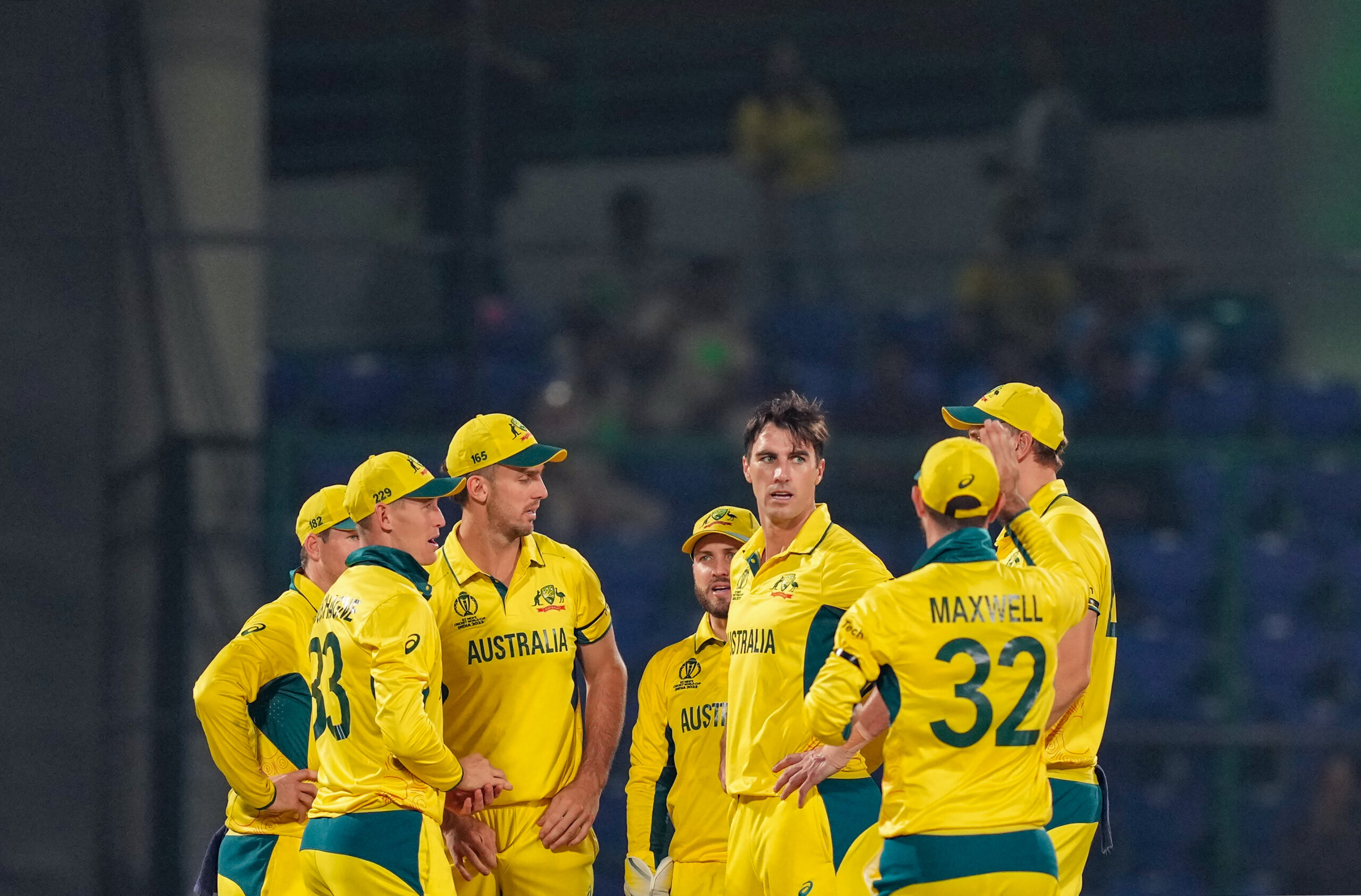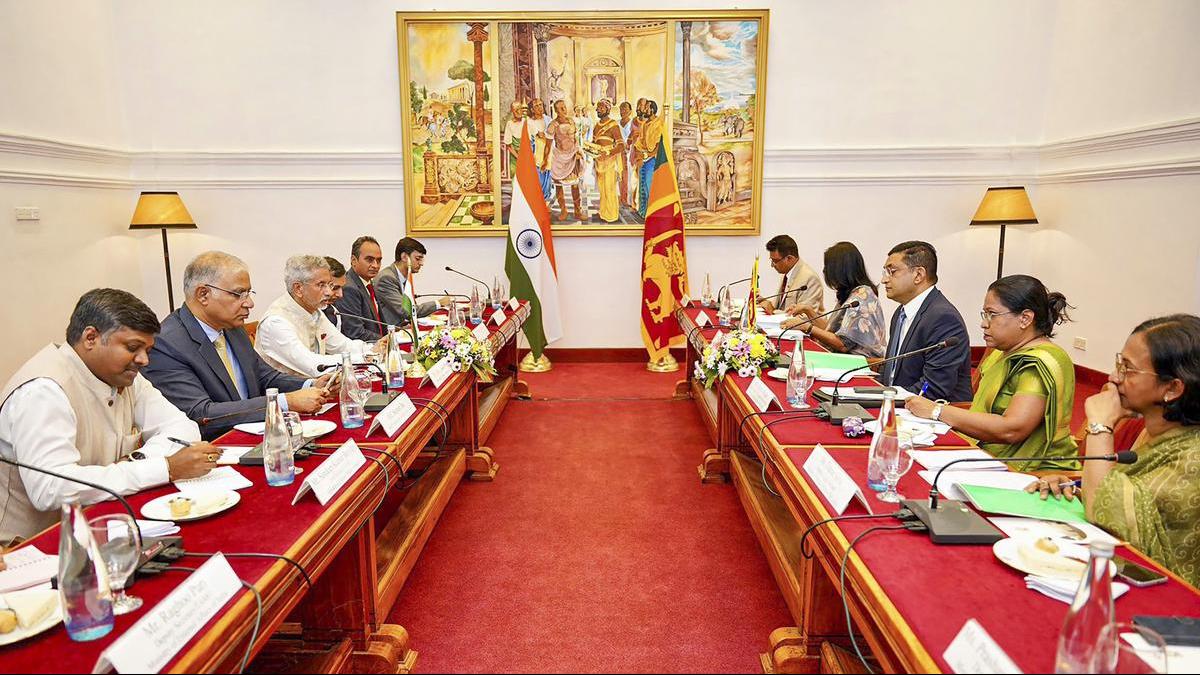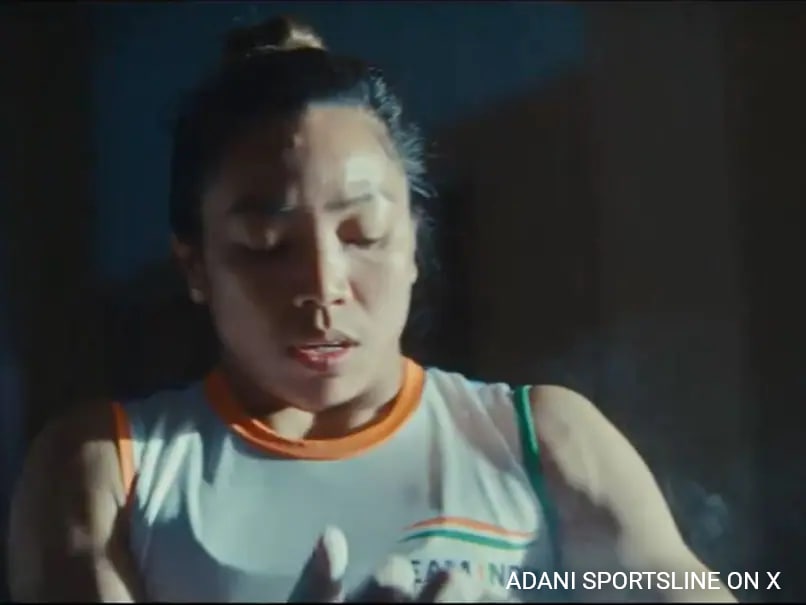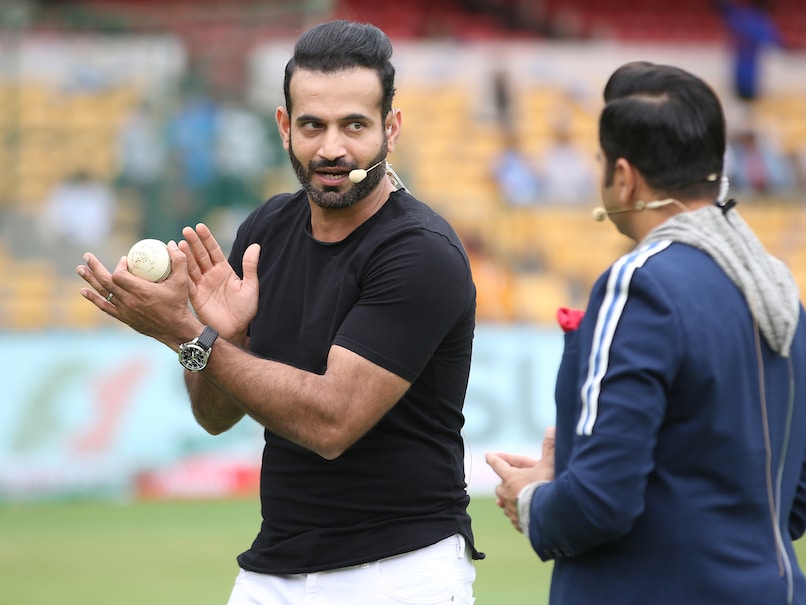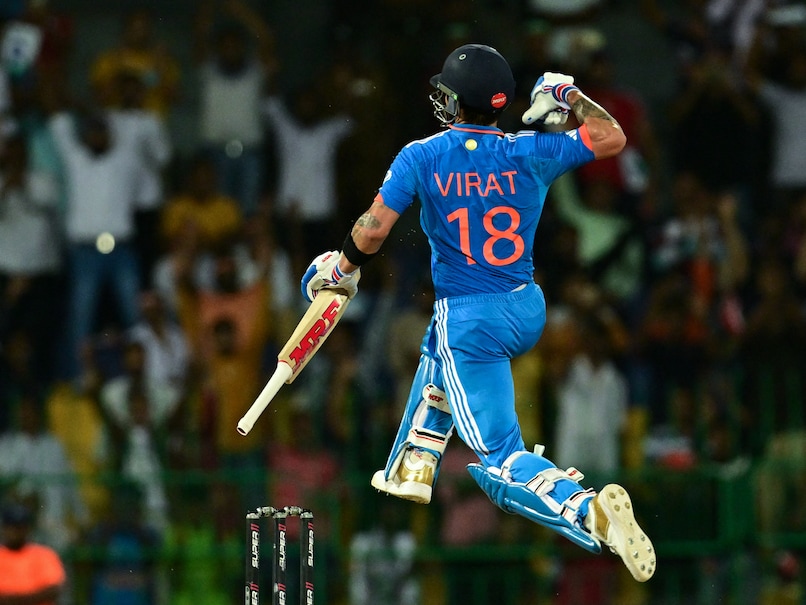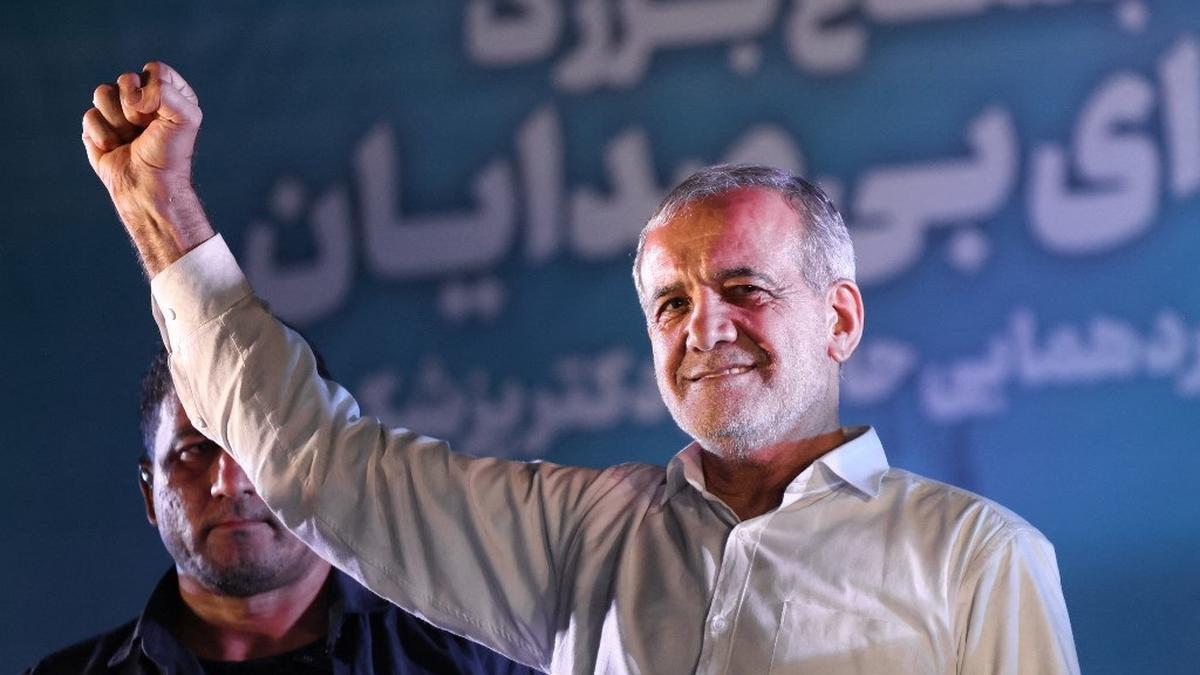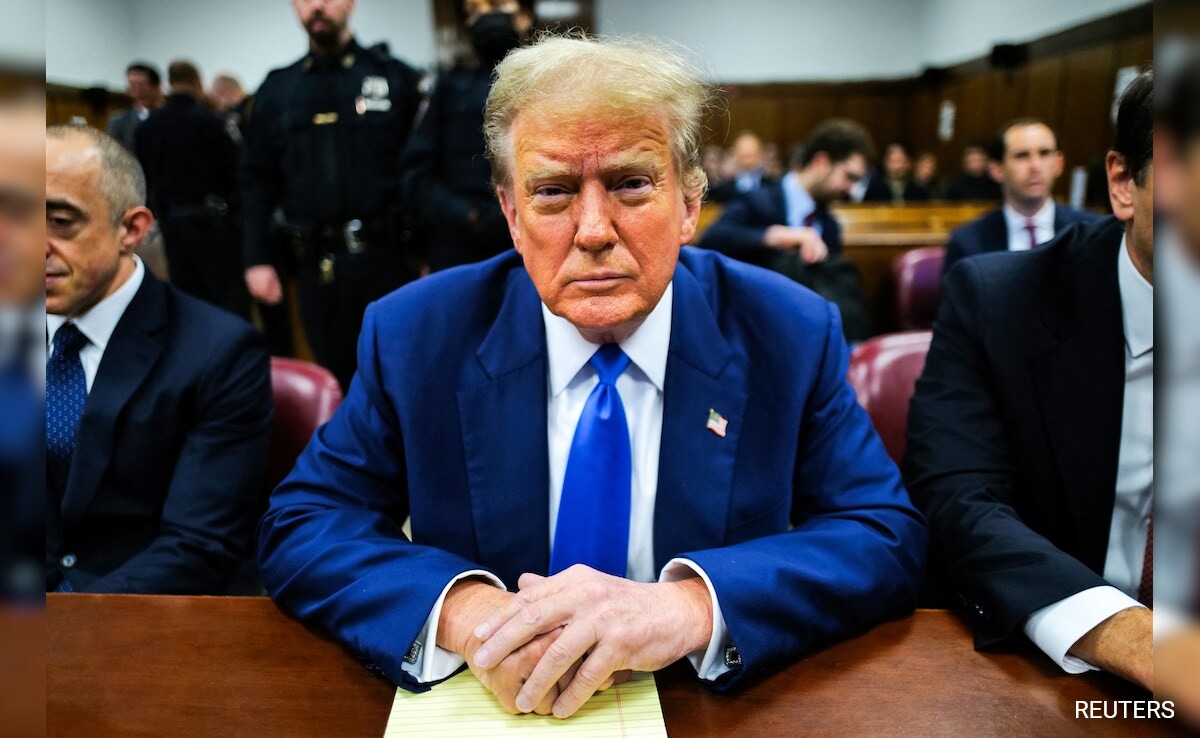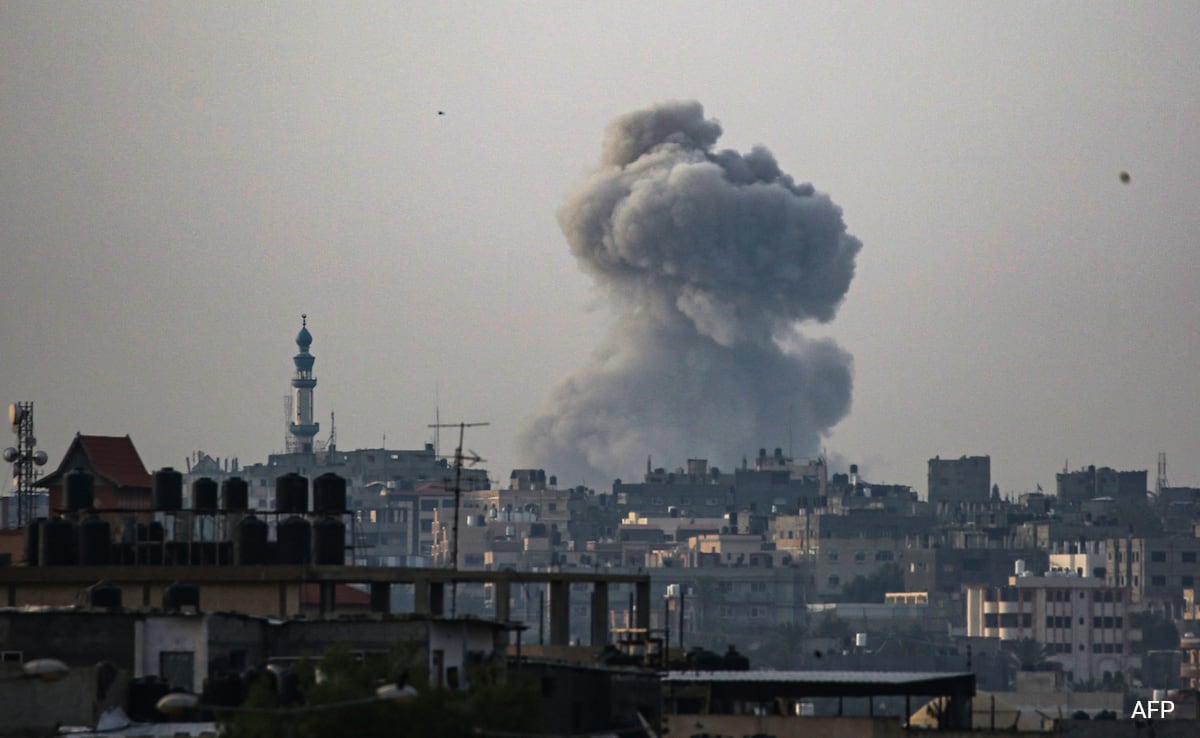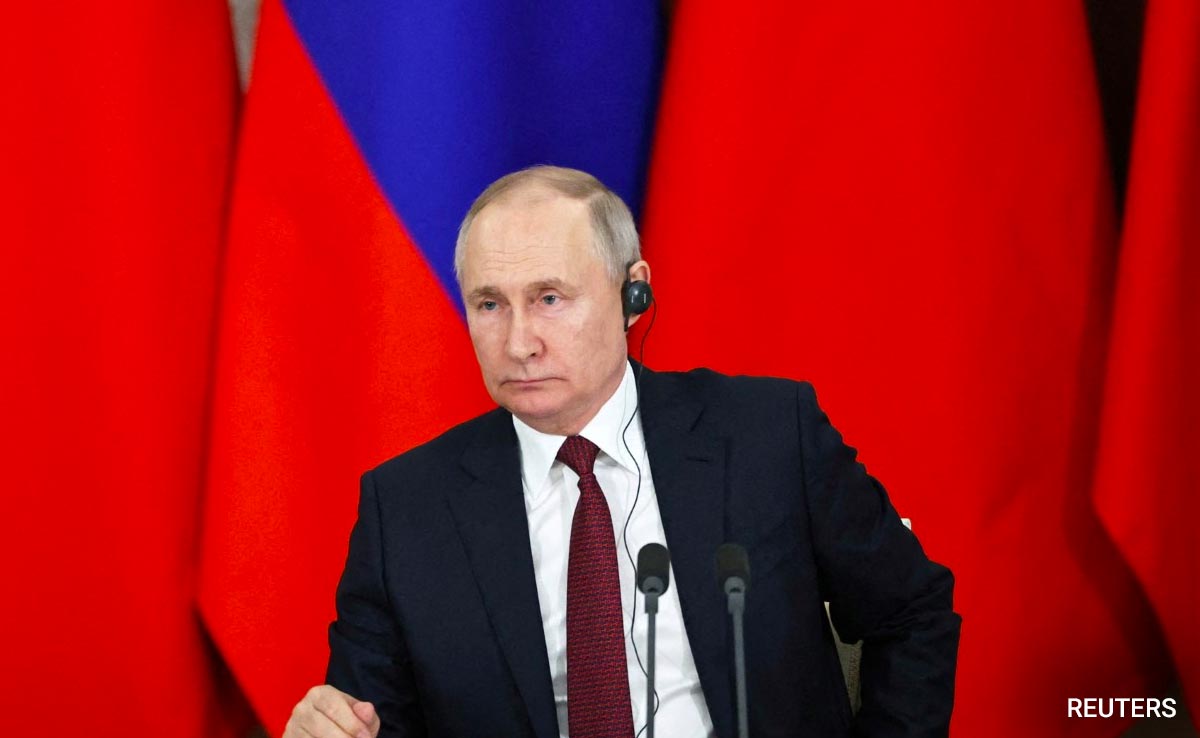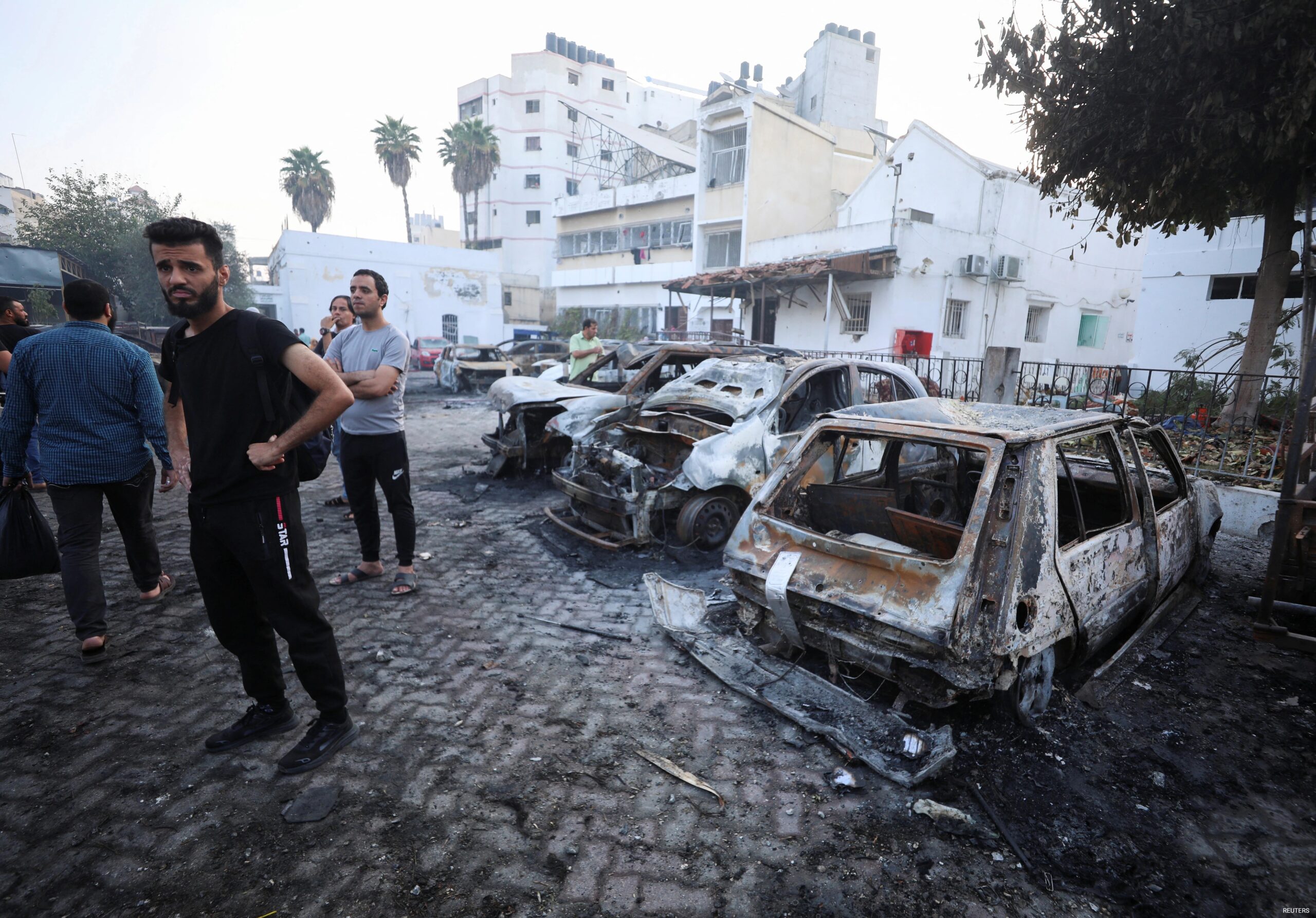For change in the minds of fanatics…
For the longing for a normal life…
For the girl who wished she was a boy,
For women, life, freedom.
The lines are from Baraye, a popular Iranian ballad written by Shervin Hajipour, after the death of Mahsa Amini, a 22-year-old Kurdish woman, while in the custody of the country’s infamous morality police. Amini was arrested for not wearing the hijab, the mandatory headscarf, “properly”. When Amini’s death sparked weeks-long nationwide protests, Baraye emerged as “the anthem” of the protesters. The song won the first ever special merit award for Best Song for Social Change at the 65th Grammy Awards in February 2023. Shervin is now in jail in Iran, serving a three-year term.
The protests over the death of Amini have died down, but “the anthem” remained immensely popular in Iran, especially among the youth. It became so popular that Masoud Pezeshkian, the reformist candidate in this year’s presidential election, used the song in his campaign to draw in voters. Many saw this as Mr. Pezeshkian indirectly joining the cause of the protests, while critics of the Islamic Republic called it hypocrisy as Shervin was still in jail. Either way, Mr. Pezeshkian’s unconventional methods seemed to have helped him strike a chord with Iran’s voters, who had to make a choice between two starkly different candidates: one who sings “the anthem” and the other, a “superrevolutionary” who wants stricter enforcement of the Islamic moral code and tougher policies towards the West.
In the June 28 first round, in which less than 40% voters turned up, Mr. Pezeshkian won 42.5% of votes, while conservative Saeed Jalili finished second with 38.8% votes. As neither candidate got 50%, they faced a run-off on July 5. There was a consolidation of conservative voters behind Mr. Jalili, who has also been close to Supreme Leader Ayatollah Ali Khamenei. Mr. Pezeshkian’s chances were dependent on a larger turnout by Iran’s liberal-minded voters. The run-off saw 50% turnout, and Mr. Pezeshkian, the 69-year-old cardiologist, won 53.3% of votes to become the Islamic Republic’s ninth President. Mr. Jalilee polled at 44.3%.
Coup, revolution and war
Born in 1954 to an Iranian Azerbaijan father and a Kurdish mother in Mahabad in West Azerbaijan province, Masoud Pezeshkian grew up, like other elites of today’s Islamic Republic, in an Iran that was increasingly rebellious towards the Shah’s royal dictatorship. A year before Mr. Pezeshkian was born, Iran’s elected Prime Minister Mohammad Mosaddegh was overthrown in a CIA-sponsored coup. When a revolution pulled down the thousands of years-long monarchy in 1979, Mr. Pezeshkian was 25. Immediately after the dawn of the new republic, Iran was thrown into a war with Saddam Hussein’s Iraq. Mr. Pezeshkian went to the frontlines, both as a fighter and as a doctor.
If he was a relatively obscure figure for the outside world until last month, in Iran’s seemingly homogenous but practically fractious politics, Mr. Pezeshkian has been a veteran. He entered Tehran’s circles of power in 1999 when reformist President Mohammed Khatami appointed him as a Deputy Minister of Health, Treatment and Medical education. In 2001, after Mr. Khatami’s re-election, the President chose him as the Health Minister. “His political journey has been remarkable, rising through the ranks to hold the important cabinet portfolio of Health Minister under President Mohammad Khatami,” according to a profile of the President-elect, published by Iran’s official media outlet Press TV.
Known for his combativeness and sense of humour, Mr. Pezeshkian, after his appointment, said in a meeting, “When I was a student, I would slap the university president. When I became the university president, I would slap the president. Now that I have become a minister, I will slap Clinton in the face.” In November 2002, he faced impeachment in Iran’s Parliament, Majles, over appointments and drug shortage, but regained the confidence of the Majles.
Roots of reformism
Mahmoud Ahmadinejad, the hardline President who succeeded Mr. Khatami in 2005, kept Mr. Pezeshkian out of his government. The doctor then moved to parliamentary polls. In 2008, he contested and won from Tabriz, Osku and Azarshahr constituency in East Azerbaijan to Majles — a seat he still holds. While his association with Mr. Khatami, who often, unsuccessfully, clashed with the country’s clerical establishment for reforms, was an indication of his political beliefs, he spoke out, for the first time, against the handling of protesters by the security personnel in 2009, when the country witnessed widespread agitations over allegations that Ahmadinejad’s reelection was rigged. “Do not kill people like a wild animal,” Mr. Pezeshkian said, quoting Ali Ibn Abi Talib, the first Imam of Shia Islam and son-in-law of the Prophet Mohammed. “When you can, don’t intervene sharply, don’t hit, don’t strike,” he said, referring to the crackdown.
His first attempt at the presidential election was in 2013. He initially joined the race, but later withdrew in favour of former President Hashemi Rafsanjani. Hassan Rouhani, a moderate white-turbaned cleric, won that year’s election. In 2021, after Mr. Rouhani’s two terms, which saw Iran signing a historic nuclear agreement with the U.S. and others, Mr. Pezeshkian registered for the presidential race again. But this time, the Guardian Council, the 12-member election supervisory body that reports to the Supreme Leader, struck down his name. Ebrahim Raisi, a hardline cleric and a close ally of the clerical establishment, became President. This year’s election was necessitated by the death of Raisi in a plane crash in May. And Mr. Pezeshkian, who was barred from challenging Raisi in 2021, has now been elected his successor.
Uneasy balance
During the campaign, Mr. Pezeshkian had struck an uneasy balance between his reformist credentials and the establishment. When protests broke out after Mahsa Amini’s death, he took to Twitter (now X) to call for an investigation into the circumstances behind her death. “We oppose any violent and inhumane behaviour towards anyone, notably our sisters and daughters, and we will not allow these actions to happen,” he said recently, indirectly referring to the Gasht-e-Ershad, the morality police. During the presidential debate, he also backed engagement with the West, and promised to revive the Rouhani-era nuclear deal, which collapsed in 2018 after the U.S. unilaterally withdrew from the agreement despite Iran’s compliance. “If we manage to lift the sanctions, people will have an easier life while the continuation of sanctions means making people’s lives miserable,” he said.
But this doesn’t mean that Mr. Pezeshkian is a counter-revolutionary. After Iran shot down an American drone near the Strait of Hormuz in the Gulf in 2019, which took both countries to the brink of war, Mr. Pezeshkian termed the American government “terrorist”. The IRGC’s action was “a strong punch to the mouths of the leaders of criminal America”, he said, referring to the Islamic Revolutionary Guard Corps, the powerful paramilitary force whose uniform he had worn in the past. Mr. Pezeshkian has also slammed the U.S. designation of the IRGC as a terrorist organisation. During the campaign, he has stated that his intent is “to avoid confrontation with Supreme Leader Ayatollah Ali Khamenei” and other influential actors such as the IRGC. “On many occasions, he reiterated his commitment to abiding by the Islamic Republic’s legal framework and the policies defined by the Leader of the Islamic Revolution Ayatollah Seyyed Ali Khamenei,” reads the Press TV profile of the President-elect.
As Mr. Pezeshkian assumes the presidency, the highest elected office and the second most powerful constitutional office in the Islamic Republic, his hands are full. Iran, battered by western sanctions, is going through a serious economic crisis. Popular protests are a new norm. The U.S. is in an election year with Donald Trump, the former President who destroyed the nuclear deal, being the frontrunner. In West Asia, Iran’s proxies are in an unending war with Israel. A reset would not be easy. His supporters want reform, but the establishment wants the status quo. Mr. Pezeshkian’s challenge is to do what even his mentor, Mohammad Khatami, failed to do: bring in incremental reforms at home, steady the economy, and stabilise Iran’s ties abroad.

